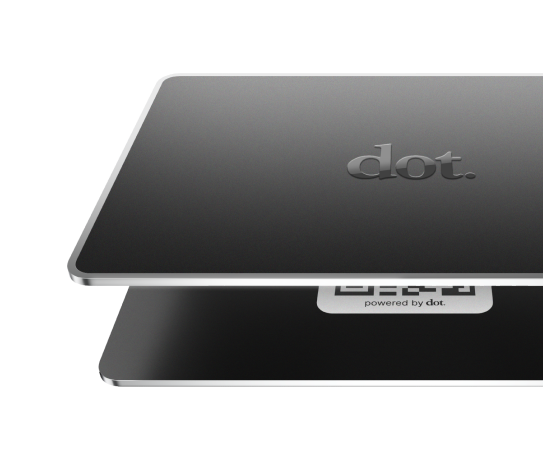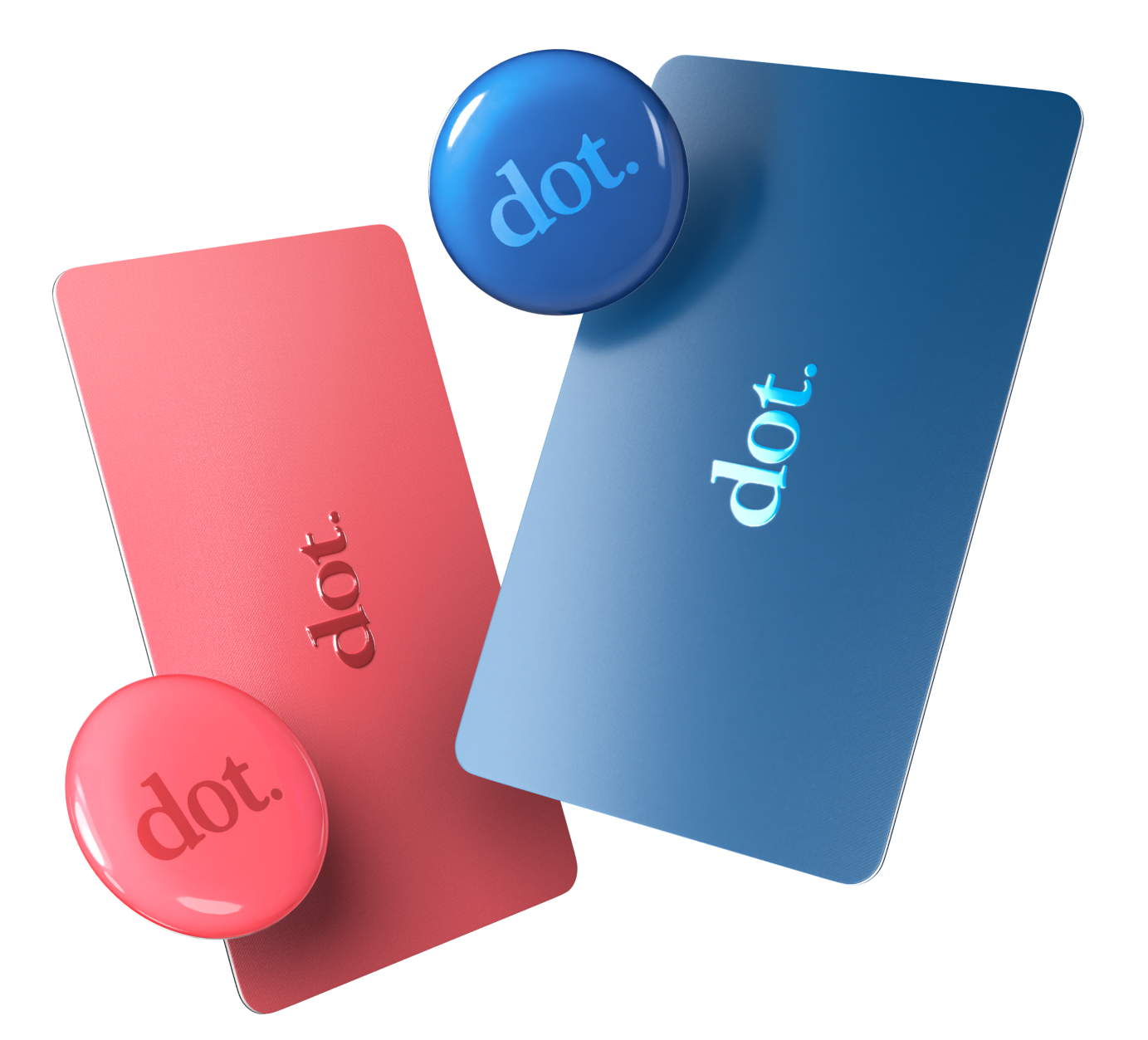Career development is a crucial aspect of professional growth and advancement. It involves setting goals and creating a plan to achieve them. Whether you're starting your career or looking to advance to the next level, having a well-thought-out career development plan can help you stay on track and make progress towards your desired career outcomes. In this article, we'll discuss how to set career goals and create a plan for career advancement.
Step 1: Assess Your Current Situation
Before you can set career goals and create a plan, it's essential to assess your current situation. Take the time to reflect on your skills, experiences, and interests. Consider the following questions:
- What are your strengths and weaknesses?
- What skills do you need to improve?
- What aspects of your current job do you enjoy?
- What aspects of your job do you find challenging?
Answering these questions will help you identify areas where you need to improve and where you excel. It will also help you identify opportunities for career growth and development.
Step 2: Define Your Career Goals
Once you have assessed your current situation, it's time to define your career goals. Your goals should be specific, measurable, achievable, relevant, and time-bound. Consider the following questions:
- What do you want to achieve in your career?
- Where do you want to be in five or ten years?
- What skills do you want to develop?
- What experiences do you want to gain?
Your career goals should be aligned with your values and passions. It's also essential to set realistic goals that are achievable and relevant to your current situation.
Step 3: Create a Plan of Action
After defining your career goals, it's time to create a plan of action. A career development plan should include short-term and long-term goals, as well as the steps you need to take to achieve them. Consider the following:
- What are the specific actions you need to take to achieve your goals?
- What resources do you need to access to achieve your goals?
- What barriers or challenges do you need to overcome?
- What support or assistance do you need?
It's essential to create a plan that is flexible and adaptable as your circumstances change. A good plan should also include a timeline for achieving your goals, as well as benchmarks to measure your progress.
Step 4: Implement Your Plan
Once you have created a plan, it's time to implement it. Take action on the steps you've identified and stay focused on your goals. Remember to track your progress and make adjustments as needed. Consider the following:
- What are the milestones you need to achieve?
- What progress have you made towards your goals?
- What challenges have you faced, and how have you overcome them?
- What have you learned from the process?
You must remain motivated and persistent as you work towards achieving your goals. Celebrate your successes and learn from your failures.
Step 5: Evaluate Your Progress
Periodically evaluating your progress is an essential aspect of career development. It allows you to assess whether you're on track and make adjustments as needed. Consider the following questions:
- What progress have you made towards your goals?
- Have you encountered any challenges or barriers?
- Have you achieved any milestones or successes?
- Do you need to make any adjustments to your plan?
Based on your evaluation, you may need to make adjustments to your plan or goals. It's important to stay flexible and open to change as you continue to grow and develop in your career.
Putting It All Together
By now, it should be clear that career development is an ongoing process that requires planning, action, and evaluation. By following the steps outlined in this article, you can set career goals and create a plan for career advancement. Remember to assess your current situation, define your goals, create a plan of action, implement your plan, and evaluate your progress regularly. Additionally, it's important to stay motivated and persistent, and to stay flexible and adaptable as your circumstances change.
Career development is a journey that requires effort and dedication, but it can be incredibly rewarding. By setting clear goals and creating a plan for advancement, you can take control of your career and achieve the success you desire.










































